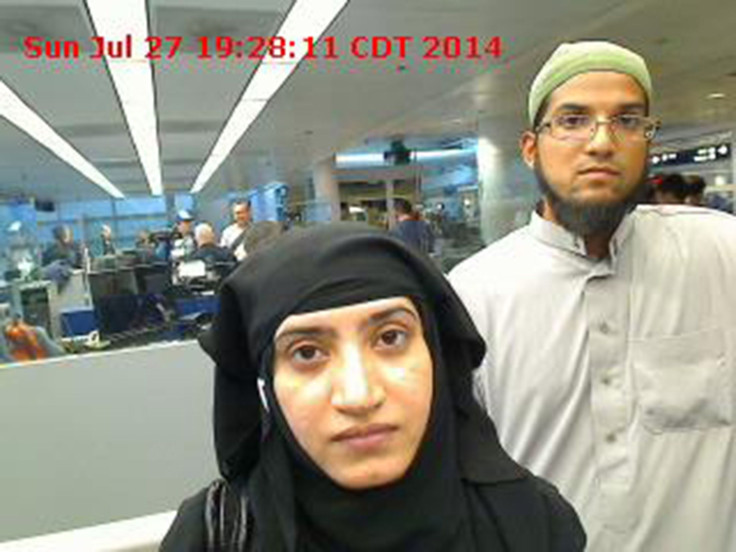San Bernardino Attack: Encryption Found In Phones Of Shooters, Law Enforcement Says

Investigators looking into the deadly shooting in San Bernardino, California, last week have found built-in encryption in the phones of the two shooters, Syed Rizwan Farook and Tashfeen Malik, authorities told CBS News on Friday. The news comes a day after lawmakers said there wasn’t any evidence that they had used encryption technology.
Elected government officials have used the attacks in San Bernardino and last month's attacks in Paris to highlight a need to give law enforcement officers automatic access to encrypted algorithms, the Hill reported. In an effort to hide information from government spies, many tech companies have used encryption technology, but those companies are now finding themselves under pressure, even though they say they can’t decrypt the data because the technology blocks out all third parties, including the companies themselves.
“Any time you glean less information at the beginning, clearly encryption probably played a role in it,” Senate Intelligence Committee Chairman Richard Burr, R-N.C., said Thursday, the Hill reported. “And there were a lot of conversations that went on between these two individuals before [Malik] came to the United States that you would love to have some insight to other than after an attack took place.”
NEW: Investigators find “levels of built-in encryption" in #SanBernardino shooters' phones, senior law enforcement official tells CBS News.
— CBS News (@CBSNews) December 11, 2015
Farook brought Malik to the United States on a fiancée visa in July 2014 but both of them were radicalized even before that, the Los Angeles Times reported. Before the shooting, the couple pledged allegiance to the Islamic State group, also known as ISIS or ISIL.
ISIS has used encryption technology to come up with secret terrorist plots in the past. Tech trade associations have spoken out against legislation on encryption, but some have said that it would only take another terrorist attack for additional lawmakers to throw their support behind legislation.
© Copyright IBTimes 2025. All rights reserved.





















